-
About -
Admissions & Academics -
Research & Engagement -
Departments & Faculty -
Current Students
Faculty Research Sites

Bureau of Educational Research
The Bureau supports transformative research and engagement that advances educational practice while providing advanced research services and grants management.

Center for the Study of Reading
The Center for the Study of Reading has undertaken numerous research and development projects that aim to build new knowledge about reading and the practice of reading instruction.
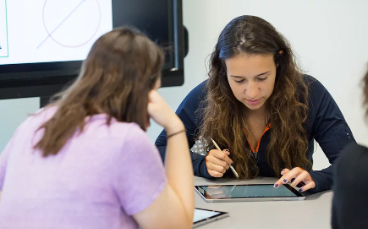
Collaborative Learning Lab (CoLearnLab)
The Collaborative Learning Lab focuses on research using device ecologies in classrooms, with much of it centered around interactive surfaces and multi-touch technology.
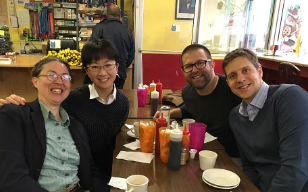
Cromley Lab
The Cromley Lab investigates how cognition and motivation work separately and together to help students learn about, achieve in, and remain committed to Science, Technology, Mathematics, and Engineering (STEM) education.
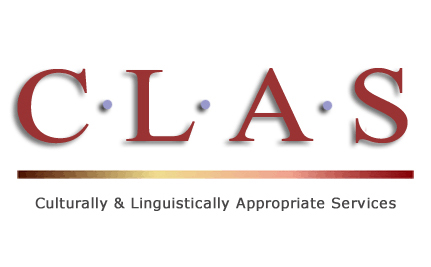
Culturally & Linguistic Appropriate Services
CLAS coordinates with numerous colleagues representing diverse cultural and linguistic roots to provide resources for children with disabilities, their families, and their service providers.
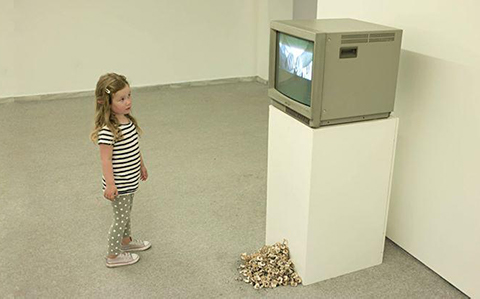
CyberSocial Learning Library
Bill Cope and Mary Kalantzis' learning design and research laboratory focuses on designing and researching learning environments that establish a dialogue between artificial and human intelligence.

Developing Early Language and Linguistics in Danville (DELL-D)
DELL-D is a 3-year, multi-million dollar project, funded by the U.S. Department of Education. DELL-D is one of 32 project funded, and the only one funded this year in Illinois.
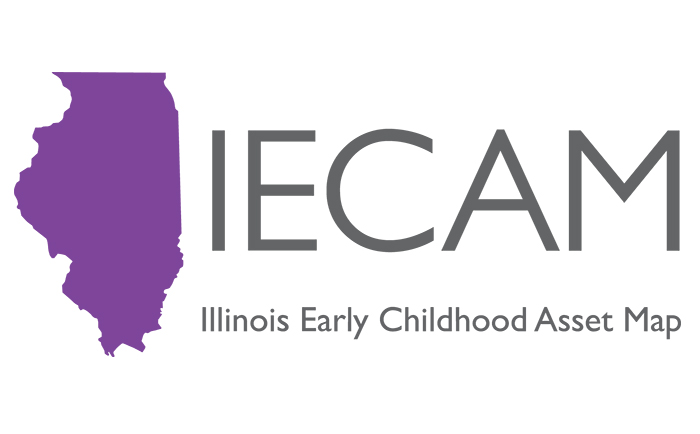
Early Childhood Asset Map
IECAM's provides comprehensive early childhood data and maps to policy makers, legislators, admins, grant writers, educators, early childhood advocates, and researchers to improve outcomes for Illinois children.

Early Childhood Collective
The Early Childhood Collective is made up of projects aimed at providing evidence-based information and resources to strengthen families and help professionals enhance inclusive early care and education.

Early Intervention Clearinghouse
The Illinois Early Intervention (IE) Clearinghouse is here to serve as your resource for information on parenting, child development, early childhood education, early intervention, and helping children with special needs.
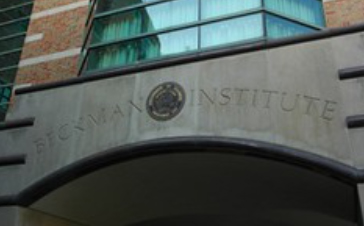
EdPsych Psycholinguistics Lab
The Edu Psychology Psycholinguistics Lab is a branch of the Biological Intelligence (BioIntel) research theme within the Cognitive Science research group. Principle Investigator: Dr. Kiel Christianson

Educational Theory
Educational Theory is a bimonthly publication owned and produced by the University of Illinois, created to foster the continuing development of educational theory and to encourage wide and effective discussion of theoretical problems within education.
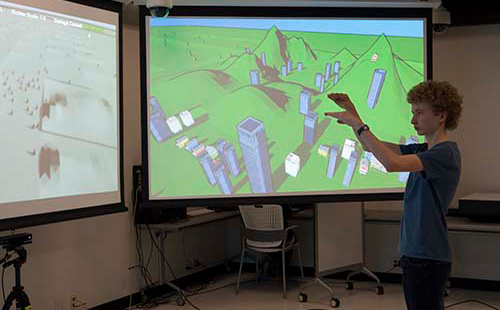
ELASTIC3S
The ELASTIC3S project seeks to create a new genre of technology-enhanced interactions for education with the development of "simulation theaters for embodied learning" that target multiple critical, crosscutting ideas in STEM Education.
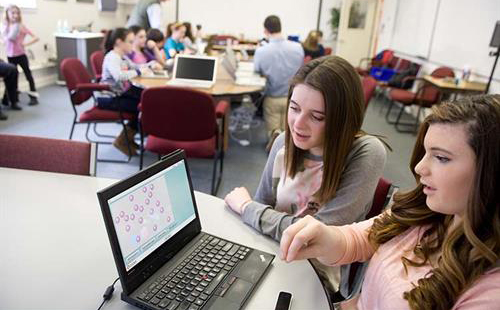
Embodied and Immersive Technology (EmIT) Group
The EMIT Group aims to explore the potential of emerging technologies–particularly those that allow for physical and embodied interactions-for generating powerful learning experiences.
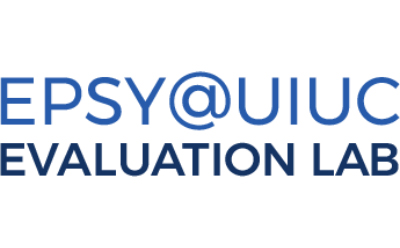
EPSY@UIUC Evaluation Lab
With principle investigator, Dr. Rodney Hopson, EPSY@UIC Evaluation Lab encourages and utilizes evaluation and applied research methods and approaches for complex, real world, and innovative solutions.
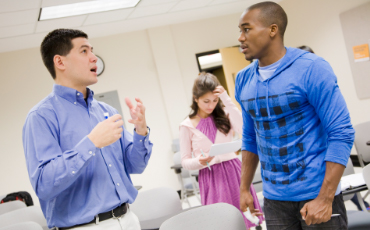
Family Resiliency Center
The Family Resiliency Center (FRC) is a transdisciplinary research and policy center that addresses grand societal challenges associated with food and family. FRC is a leader in translating research into practical information.
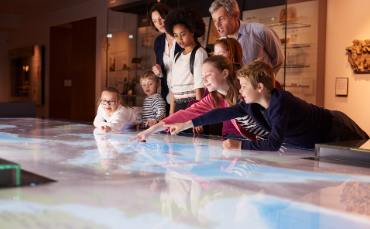
FIELD Trip Lab
Fostering Inquiry and Equity in Learning Design (FIELD) partners with formal and informal spaces to research, design, and scaffold learning environments for families, students, and school groups.

GRASP
Gesture Augmented Simulations for Supporting Explanations (GRASP) is funded with the goal to understand the role that gestures play in reasoning about critical concepts in science.
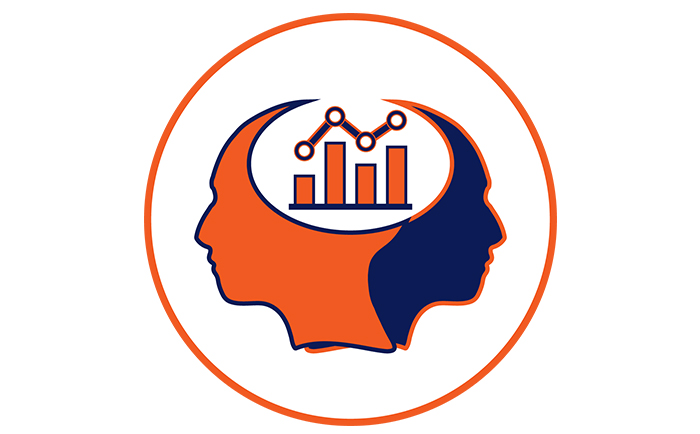
Human-centered Educational Data Science Lab
The Human-centered Educational Data Science Lab investigates the importance of human insights when designing and utilizing data-driven models of student behaviors.
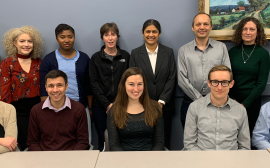
iLearn
The iLearn Group consists of a diverse interdisciplinary team committed to fundamentally understanding learner behavior in online courses and transforming learner experience.
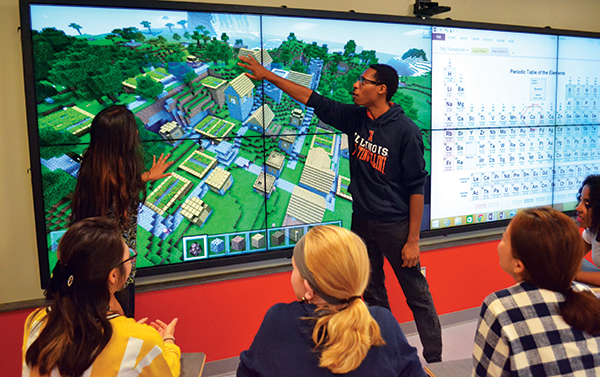
Illinois Digital Ecologies and Learning Laboratory
IDEALL serves as a blank-slate data collection environment, providing the infrastructure for fine-grained research on learning with emerging technologies.
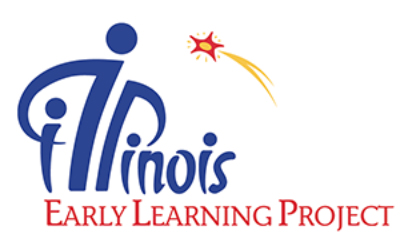
Illinois Early Learning Project
The Illinois Early Learning Project is a source of evidence-based reliable information on early care and education for families, caregivers, and teachers of young children in Illinois.
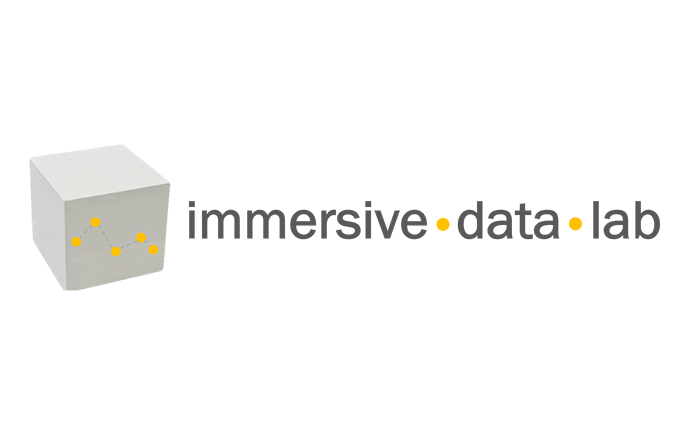
Immersive Data Lab
Immersive Data Lab's work centers on three interrelated areas: data science, data-driven design, and STEM education.
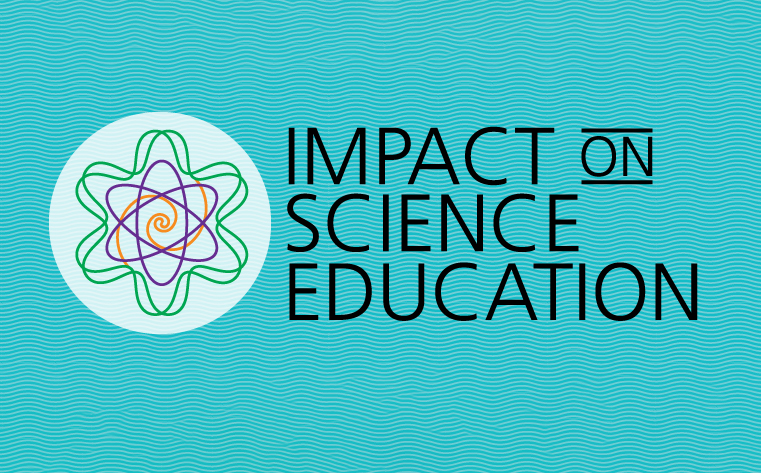
Impact on Science Education
Impact on Science Education is a group of collaborators that innovate science education through teacher education, instructional design, and research.

Interdisciplinary Implementation Laboratory
The ILL creates and tests collaborative, diverse, and sustainable implementation processes, models, and scaffolds. This allows the laboratory to manage the impact of innovation through implementation.

Interest Item Pool (IIP)
Dr. James Rounds founded IIP to provide interest scales for researchers working on the development of new interest models and interest assessment strategies.
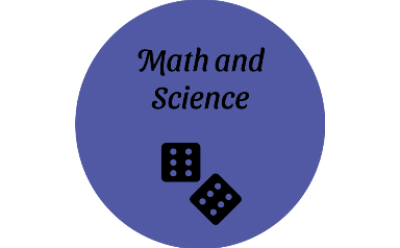
Jessica Hardy Lab
The Jessica Hardy Lab develops apps, coaching strategies, models, and methods to assist with supporting the education and social-emotional wellbeing of young children and their families.
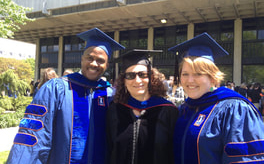
Learning-in-Context Research Group
The Learning-in-Context Research Group is directed by Professor Michelle Perry and understands the contexts and processes that support successful learning in STEM content.

Liberation Lab
The Liberation Lab investigates the ways in which race and racism are constructed, the impact of racism on the lived experience of BIPOC in the US and globally, and how BIPOC people heal and reach liberation.

Meadan Family Lab
The Meadan Family Lab works together to address the needs of children with significant developmental and/or communication delays and the individuals that support them in their natural environment.
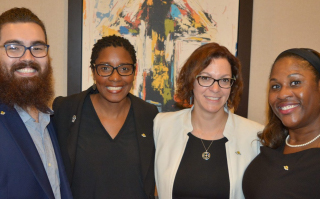
National Institute for Learning Outcomes Assessment
NILOA documents, advocates, and facilitates the systematic use of learning outcomes assessment to improve student learning.
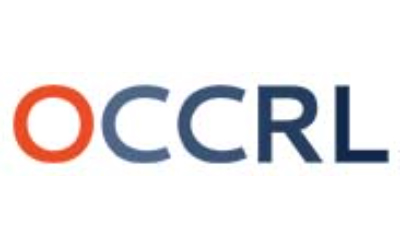
Office of Community College Research and Leadership
OCCRL enhances community college education and transition to college for diverse learners at the state, national, and international levels.
Pixel Playgrounds
Pixel Playgrounds is a research lab that focuses on the intersection of physical spaces, information, technology, ad people to support collaborative learning.
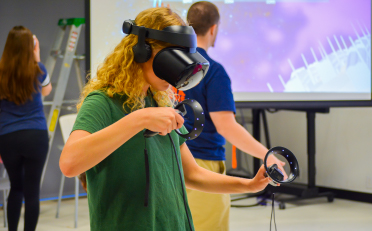
TIER-ED
Technology Innovation in Education Research and Design is a community that develops cutting-edge applications of new technologies to critical issues in education and learning across the lifespan.
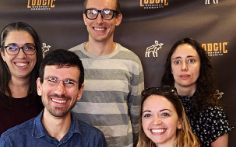
Theory-Based Computational Analysis of Classroom Audiovisual Data
Focuses on methodologies that combine grounded theory based approaches with computational analyses of classroom video data.

What-If Hypothetical Implementations in Minecraft
WHIMC is dedicated to cutting-edge and impactful information learning. The team develops computer simulations that engage, excite, and generate interest and engagement in STEM.
Explore:
Connect:
- General: 217-333-0960
- Graduate (GSSO): 217-244-3542
- Undergraduate (SAAO): 217-333-2800
- Online Programs: 217-244-3542
- School and
Community Experiences: 217-333-2561 - Office of the Dean: 217-333-0960
- Office of Advancement: 217-244-7228
- Bureau of Educational
Research: 217-333-3023 - IT Partners: 217-244-7005
- Marketing: 217-333-0960
- Facilities: 217-244-7005
Apply to the College
Congratulations! You've taken the first step to becoming a student of the College of Education. The application process is different for undergraduate and graduate studies.
Send Our Office a Message
Thanks -- we will get back to you in 24 hours.